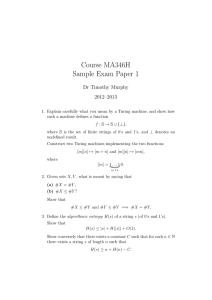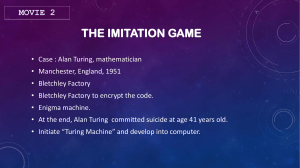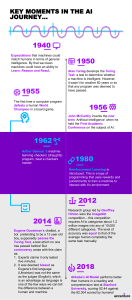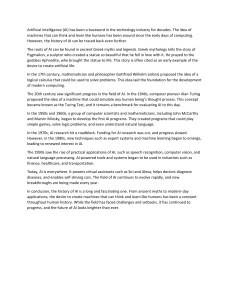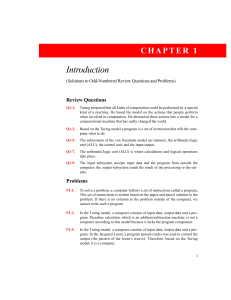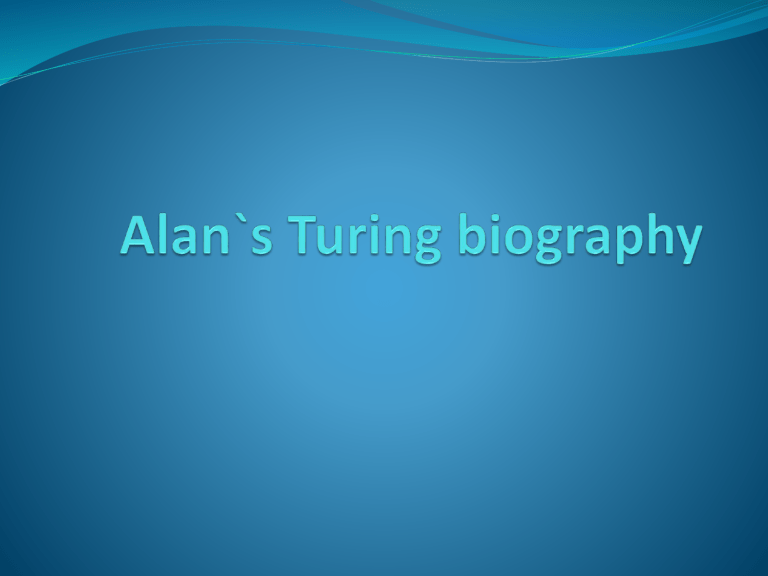
Alan Turing Alan Turing, in full Alan Mathison Turing, (born June 23, 1912, London, England—died June 7, 1954, Wilmslow, Cheshire), British mathematician and logician who made major contributions to mathematics, cryptanalysis, logic, philosophy, and mathematical biology and also to the new areas later named computer science, cognitive science, artificial intelligence, and artificial life. Early life and career The son of a civil servant, Turing was educated at a top private school. He entered the University of Cambridge to study mathematics in 1931. After graduating in 1934, he was elected to a fellowship at King’s College (his college since 1931) in recognition of his research in probability theory. In 1936 Turing’s seminal paper “On Computable Numbers, with an Application to the Entscheidungsproblem [Decision Problem]” was recommended for publication by the American mathematical logician Alonzo Church, who had himself just published a paper that reached the same conclusion as Turing’s, although by a different method. Turing’s method (but not so much Church’s) had profound significance for the emerging science of computing. Later that year Turing moved to Princeton University to study for a Ph.D. in mathematical logic under Church’s direction (completed in 1938).
